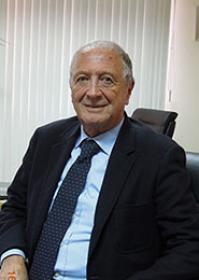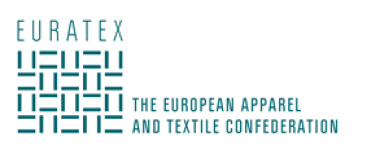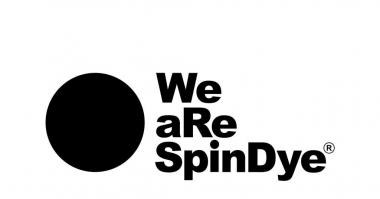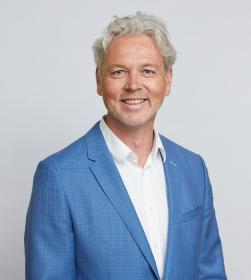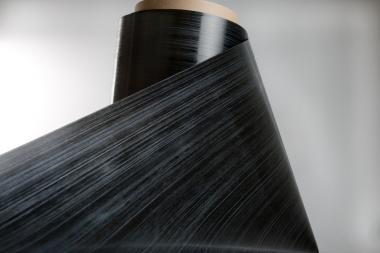Lenzing: Clear positioning of the EU Commission against plastic waste
- Guidelines of the EU Commission to implement the Single-Use Plastics Directive have been published
- Uniform labelling obligation for wipes and feminine hygiene products containing plastics as of July 03, 2021
- Lenzing’s wood-based, biodegradable VEOCEL™ branded fibers as a sustainable alternative to plastic
The Lenzing Group welcomes the issuance of the guidelines for the implementation of the Single-Use Plastics Directive (EU) 2019/904, which took effect on June 05, 20191. In these guidelines, the EU Commission specifies which products fall within the scope of the directive, thus providing clarity in the joint fight of the EU member states against environmental pollution from plastic waste. Lenzing’s wood-based, biodegradable cellulosic fibers such as those of the VEOCEL™ brand comprise a sustainable and innovative solution to this man-made problem.
Uniform labelling rules for some single-use plastic products
The Commission implementing regulation (EU) 2020/2151 applying to the Single-Use Plastics Directive stipulate uniform labelling requirements for some of the single-use plastic products on the packaging or the product itself starting on July 03, 2021. They encompass feminine hygiene products and wet wipes for personal and household care containing plastic.
Consumers want sustainable hygiene products
Even before the implementation of the Single-Use Plastics Directive, Lenzing already gives consumers clear guidance in their purchasing decisions. Products bearing the VEOCEL™ brand logo on their packaging are produced in line with stringent certification criteria. As a consequence, consumers can be assured that the products contain biodegradable, cellulosic materials.
A Marketagent survey carried out in German-speaking Europe in October 20192 concluded that nine out of ten consumers would immediately change their purchasing behavior for wipes if they found out that their current product contains plastic. This would seem to imply that new market dynamics will emerge once the labelling rules for single-use plastic products takes effect. According to a Smithers Report3, about 500,000 tons of petroleum-based fibers are used each year for the production of wipes.
1 Directive (EU) 2019/904 of the European Parliament and of the Council of 5 June 2019 on the reduction of the impact of certain plastic products on the environment
2 Representative Marketagent Online survey, n = 1,005 (14 - 69 years old, from Austria and Germany). https://itsinourhands.com/
3 Smithers Report “The Future of Global Nonwoven Wipes to 2023”, published in 2018, page 23, reference year 2018
Lenzing AG









